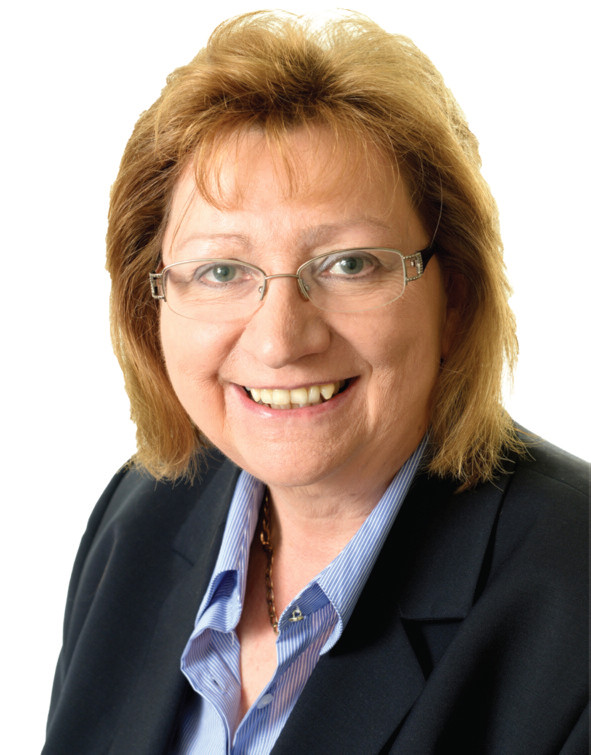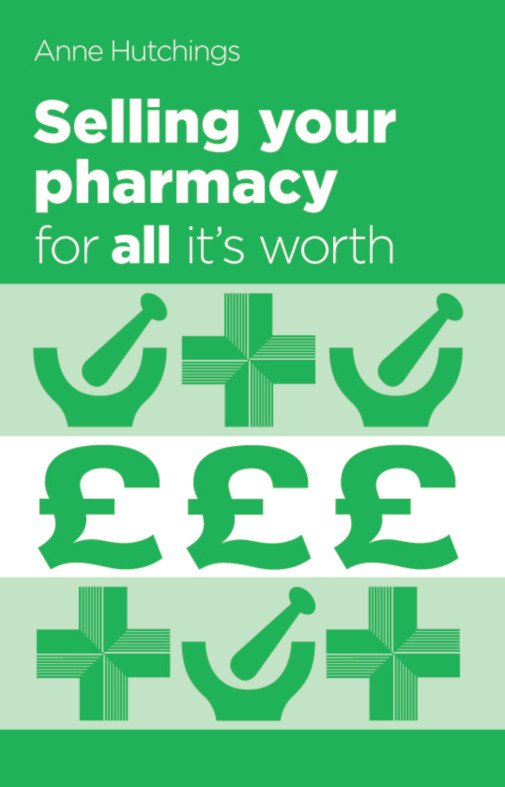Getting the documentation right
Record learning outcomes
 Selling a pharmacy can be a minefield but help is at
Selling a pharmacy can be a minefield but help is at
hand in a new book from pharmacy sales expert
Anne Hutchings. In the seventh of 12 extracts, Anne explains what paperwork needs to be put together to prepare for a sale.
If you plan to sell your pharmacy you will need to put together comprehensive documentation for your prospective buyer.
You cannot expect to sell your business without providing good supporting information, yet often the paperwork required for a pharmacy sale is sadly lacking – the accounts may be out of date, NHS statements missing and VAT returns incorrectly prepared. If you are fortunate enough to find someone who offers to buy your business with missing documentation, there is likely to be a penalty to pay.
The buyer may offer a reduced price because of the uncertainty created by the absence of information. If the buyer tries to get bank finance for the acquisition, it is likely to be refused.
If you wish to get a good price for your pharmacy, you must be thorough with your preparation. Collecting the required information can be split into three stages.
1. Initial valuation and appraisal
Once you decide to sell, the first thing to do is to obtain a valuation for the pharmacy goodwill since this is the main asset of your business. For an initial valuation and appraisal I would request the following:
- Accounts and VAT returns for the past year
- NHS statements for the past year
- A summary of the past 12 months’ counter trade, excluding VAT
- Any other income received in the past 12 months, such as rent from letting spare rooms
- Any income from wholesaling and internet sales
- A staff list (including roles, hours worked and rates of pay), plus details of any locum hours and rates
- Details of any residential or nursing homes the pharmacy deals with, including their monthly prescription volume. If it accounts for more than 10 per cent of turnover it will impact the goodwill value
- Percentage of items supplied in MDS. If this makes up more than 10 per cent of turnover, the time involved in servicing these patients needs to be considered
- The number of drug addicts you deal with. Large numbers will have a positive effect on gross margin, but on the negative side not every buyer is keen on business from this source
- Details of your lease or, if you own the freehold, the market rent for the premises
- The location of nearby GP practices and the percentage of prescription items that come from the
- Your main competitors and the distance they are from you.
It is a long list but if you want a proper valuation, this is what your agent should be asking for. If you then decide to sell, you will need to provide sufficient information to prospective purchasers to enable them to make an offer for your business.
2. Marketing the business
The good news is that you have already collated most of the necessary documentation for the initial valuation. Additional information required at this stage is likely to include a further 12 months’ NHS statements, VAT returns and counter trade figures, so that, in total, 24 months are available, along with accounts for the past three years.
It is important to build trust with buyers and one way of doing this is by providing a detailed information pack. When you have agreed the sale with your buyer, the final stage is the legal process.
3. Documents required by your solicitor
The list below is not exhaustive but gives a good indication of what you need to pass onto your solicitor:
- Contracts of employment, payroll records and staff training details, along with any pensions or life assurance schemes offered to employees
- Copies of any handbooks and SOPs
- If you operate through a company, minutes of director and shareholder meetings and the company’s articles of association
- For company sales, copies of corporation tax returns, plus details of any HMRC investigations
- All insurance documents and details of ongoing claims
- Details of any litigation and inspections
- Copy of the title deed or lease for the premises
- Details of loans/mortgages attached to the business
- GPhC registration and supporting documentation.
You will need to provide a recent stock valuation and other business information such as who you use as a wholesaler, recent invoices for rates and services, and all hire purchase, rental and lease agreements that affect the business along with copies of any permits, licences, guarantees or indemnities. Your solicitor will also need a list of assets (computers, equipment, fixtures, fittings and vehicles) included in the sale, and details of any maintenance and service agreements. As you can see, there is a lot to think about!
 Anne Hutchings has been dealing with community pharmacists for over 20 years and has built up her company, Hutchings Consultants, to be the UK’s largest independent pharmacy sales agency. ‘Selling your pharmacy for all it’s worth’ (£12) can be ordered from Amazon (ISBN 9781 7846 22411) or from Hutchings Consultants. For a free copy (while stocks last) complete the form online at hutchings-pharmacysales. com or send a cheque for £12 (payable to Hutchings Consultants) to Hutchings Consultants Ltd, Maple House, 53-55 Woodside Road, Amersham, Bucks HP6 6AA
Anne Hutchings has been dealing with community pharmacists for over 20 years and has built up her company, Hutchings Consultants, to be the UK’s largest independent pharmacy sales agency. ‘Selling your pharmacy for all it’s worth’ (£12) can be ordered from Amazon (ISBN 9781 7846 22411) or from Hutchings Consultants. For a free copy (while stocks last) complete the form online at hutchings-pharmacysales. com or send a cheque for £12 (payable to Hutchings Consultants) to Hutchings Consultants Ltd, Maple House, 53-55 Woodside Road, Amersham, Bucks HP6 6AA